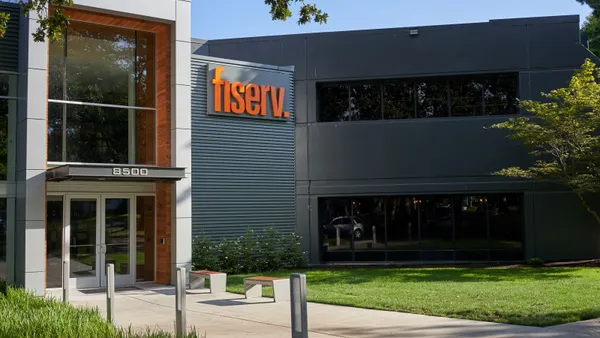Dive Brief:
- Freight fintech Denim has raised $126 million, with $26 million being equity and $100 million as debt financing, the company said Thursday. The company will use the equity to expand financial services for the freight and logistics sectors, and tap the debt financing to give its customers access to working capital.
- That brings New York-based Denim’s total funding to $165 million, according to a Sept. 15 news release. Denim, formerly Axle Payments, was founded in 2019 and has 100 employees, a spokesperson for the company said.
- Pelion Venture Partners led the funding round, which also included participation from Crosslink Capital, Anthemis, Trucks VC, FJ Labs, Tribeca Early Stage Partners and Refashiond Ventures, the release said.
Dive Insight:
Denim is targeting the $134 billion freight broker industry, and the company has handled $250 million in total payments volume year-to-date, a spokesperson for the company said.
The fintech automates invoicing, collections and payments as it aims to simplify finance operations for its freight broker customers, who connect shippers and carriers. Paper-based payments are still used frequently in industries like logistics and trucking, and other fintechs like Relay Payments are catering to that area of the payments world by digitizing processes.
The company’s fundraising comes as venture investments have ebbed somewhat and valuations have fallen, causing companies to cut staff and focus more on profitability.
But over the past year, Denim has added employees and made upgrades to its platform to better serve its customers, said Shawn Vo, the company’s cofounder and chief technology officer, per the release.
"The core challenge our clients face is adapting to the pressures of an increasingly complex and unpredictable supply chain," Denim CEO and cofounder Bharath Krishnamoorthy said in the release. "Freight brokers — and the shippers and carriers they work with — must find ways to evolve how they do business together with smarter tools."
To address that need, Denim will “continue to scale and serve our clients while strengthening our position as a payments ecosystem that powers the supply chain,” Krishnamoorthy said in the release.













